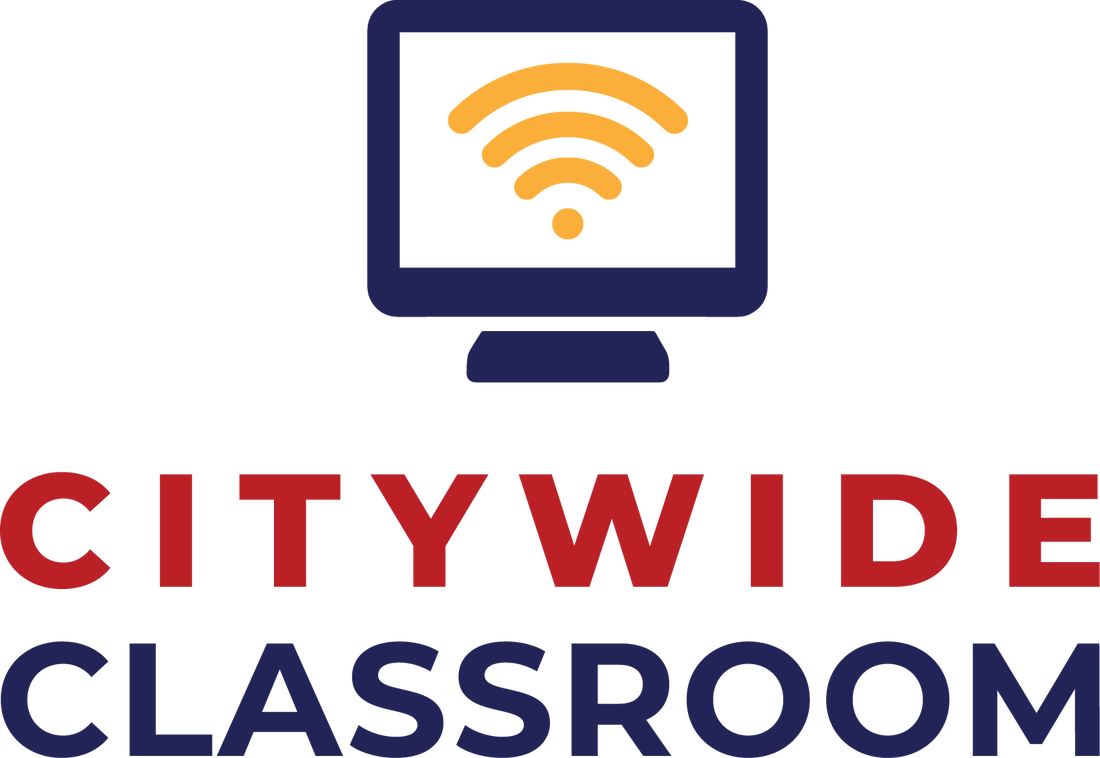What is Digital Equity?
Citywide Classroom’s mission is to promote digital equity across students in the South Bend and Mishawaka areas. We do this by providing free internet access to qualified students with mobile hotspots. But why does Citywide Classroom’s program matter?

